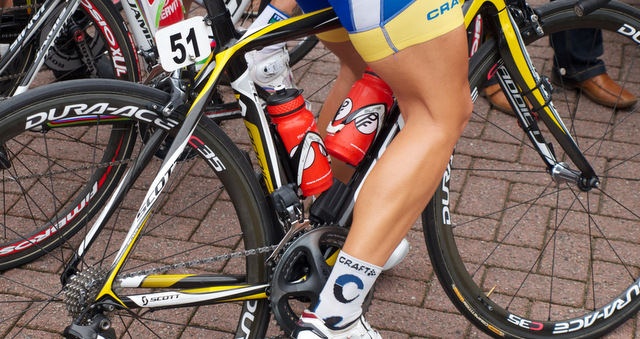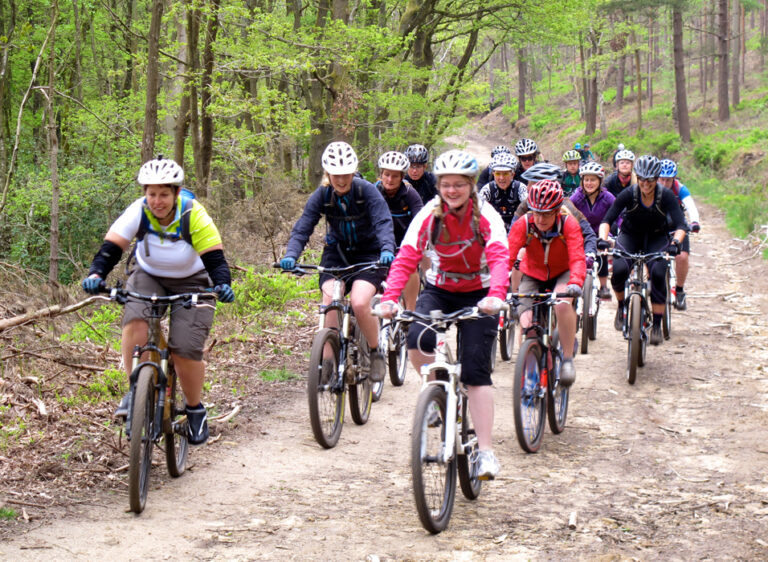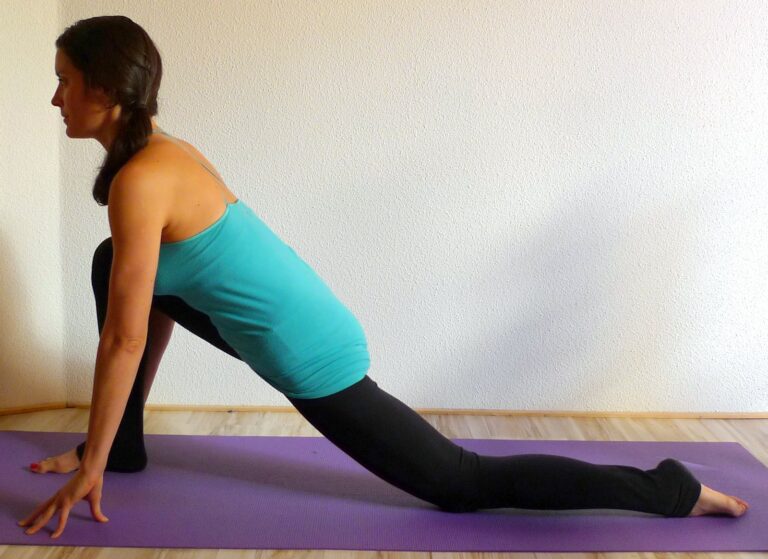When you go to ride your bike, what do you think about? We bet it’s along the lines of whether you’ve got enough water and food to last the ride, if your mobile is charged and that you’ve stored your house keys safely.
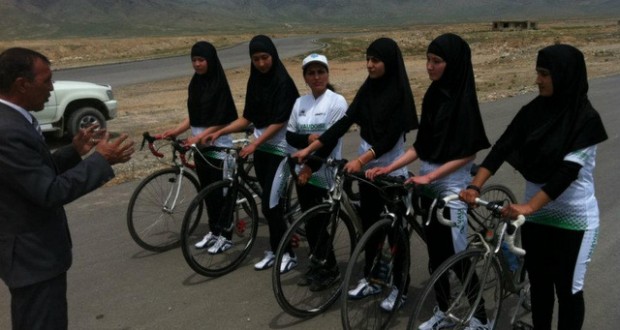
What if, every time you cycled, you had to ride in secret, fearing repercussions such as death threats. Would you keep cycling?
This is the frightening position women in the first-ever National Women’s Cycling Team in Afghanistan find themselves in. Riding a bicycle is “generally considered immoral,” says Heather Barr, an Afghanistan researcher for Human Rights Watch.
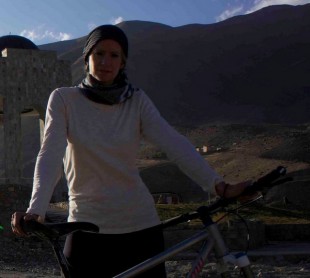
Shannon Galpin, who rode her single-speed mountain bike through the hills outside Kabul, is founder of Mountain2Mountain, a not-for-profit organisation that helps women in conflict zones. She’s begun to open the eyes of the world to the plight of the women’s team in Afghanistan.
“I couldn’t believe it,” said Galpin, a 38-year-old former Pilates instructor from Colorado in the United States. “I’d cycled in the most liberal areas of Afghanistan, and I’d never even seen a little girl on a bike, let alone a grown woman.”
She chose to focus her efforts primarily in Afghanistan “because it was so consistently ranked as the worst place in the world to be a woman,” and in terms of cycling, “people fear that straddling a bike could take away a women’s virginity and, for that, she could be killed. It sounds bizarre, but that connection, even if it is unconscious, is still everywhere in Afghanistan.”
How the women’s team came about is a testament to how much attitudes toward women are evolving in Afghanistan. The daughter of coach Abdul Sadiq, Afghanistan’s most famous cyclist and founder of the fledgling men’s team, which he started last year, wanted to ride a bike so badly that she convinced her dad to start a women’s team as well. The riders, most of whom live in Kabul, range in age from 16 to 20.
The going has been rough, even for the men. While commuter bikes are a common sight in Afghanistan’s cities, competitive road cycling is a completely foreign concept—there are no corner bike shops where you can tweak a derailleur or pick up a spare tube, which means that every last piece of gear needs to be imported.
To compete, both men and women need to travel to India or Pakistan. Additionally, most of the women started with absolutely no cycling skills and are mastering riding techniques on the country’s few paved roads, all of which are heavily trafficked with drivers who aren’t afraid to act on their road rage.
Galpin is working tirelessly to support the growth of the team. Through Mountain2Mountain she will be shipping much needed cycling gear to Afghanistan, but she needs support in getting the gear to Kabul.
Assistance from the cycling industry and private donors has been incredibly positive. Liv/giant announced last week that they are supporting the Afghan Women’s National Team with bikes and gear. There is also an additional 300 pounds of nutrition products, clothing and equipment to transport from private donations.
If you’d like to help cover the cost of transporting the bikes and gear, donations can be made on the Mountain2Mountain website.

